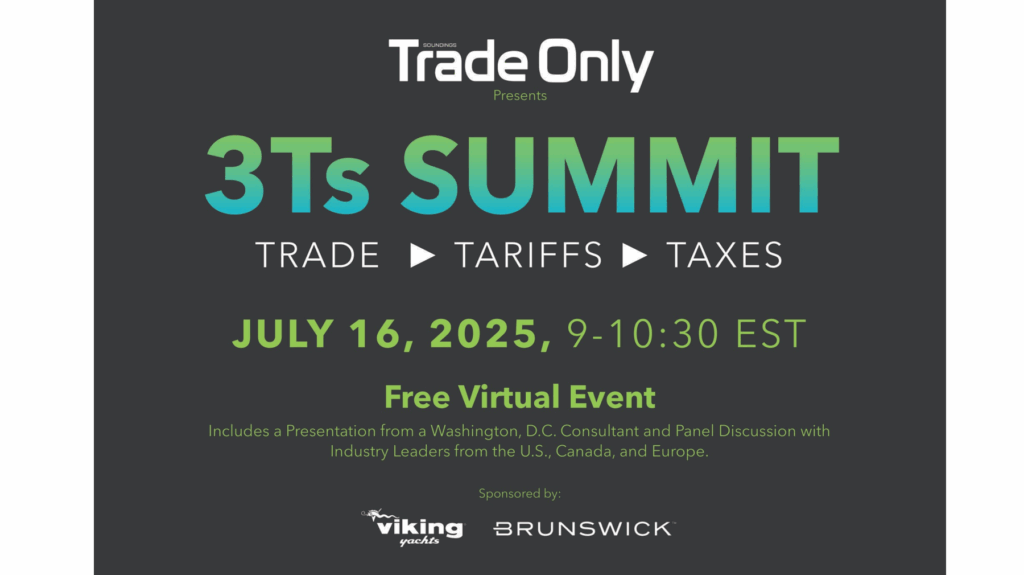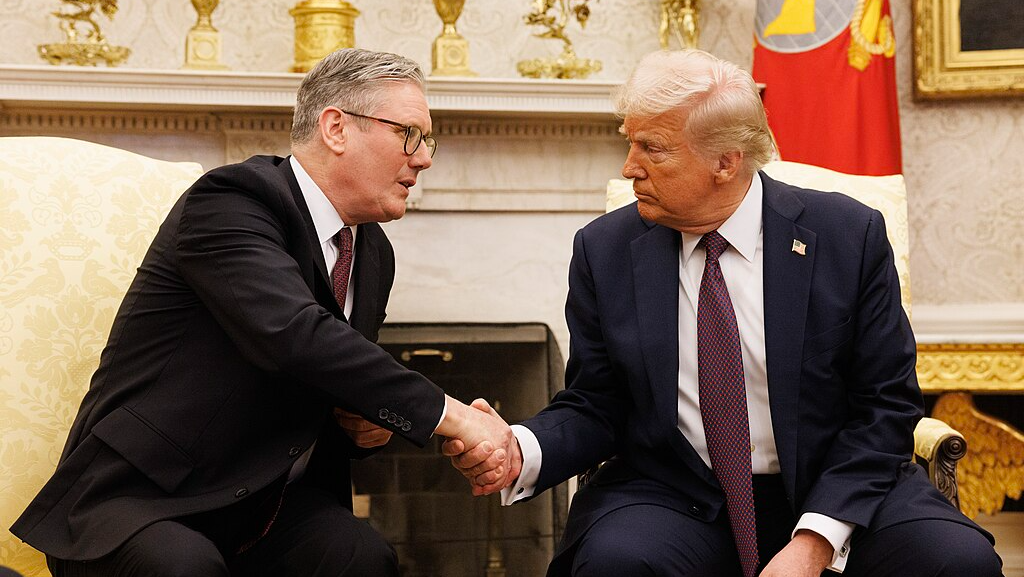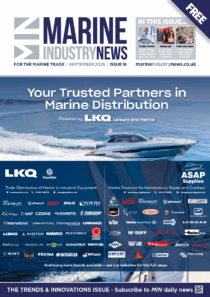Trump announces new tariffs as UK misses steel and aluminium deadline

The US administration has announced plans to introduce new tariffs on selected imports from multiple countries, with implementation scheduled for 1 August 2025.
The new tariffs range from 25 per cent to 40 per cent and were formally confirmed through letters sent to the respective governments and published publicly on the Truth Social network.
An executive order accompanying the announcement sets a three-week delay in enforcement, creating a period for potential negotiations or trade revisions prior to implementation. A breakdown of countries and their corresponding tariff rates was included in a fact sheet released by the White House:
- 25 per cent tariffs: Japan, South Korea, Malaysia, Kazakhstan, Tunisia.
- 30 per cent tariffs: South Africa, Bosnia and Herzegovina.
- 32 per cent tariffs: Indonesia.
- 35 per cent tariffs: Bangladesh, Serbia.
- 36 per cent tariffs: Cambodia, Thailand.
- 40 per cent tariffs: Laos, Myanmar.
The letters from the administration note that the announced tariff rates are independent of any existing or proposed sectoral tariffs. Although not explicitly defined, the term “sectoral tariffs” is understood to relate to ongoing Section 232 investigations. These could result in additional duties on certain goods, including critical minerals or copper.
The NMMA — which represents the marine sector in North America — has submitted comment letters addressing these investigations.
According to the White House, the new measures aim to improve conditions for US manufacturers and reduce trade imbalances. Officials have stated that if agreements are not reached with the countries in question before 1 August 2024, the tariffs will be applied in full. Any retaliatory actions, they added, would lead to further increases in US tariff rates.
UK misses deadline to agree steel and aluminium tariffs
As of today (9 July 2025) the UK has officially missed the deadline to reach an agreement with the United States on the continuation of tariffs on steel and aluminium exports, originally imposed by the Trump administration in 2018.
The failure to secure a deal by the White House-imposed deadline of 9 July risks extending a trade dispute that many had expected to be resolved, leaving British metal exporters at a disadvantage.
President Trump had warned that if Britain failed to finalise the details of its metals trade deal with the US by 9 July, he would increase the tariffs on steel and aluminium imports from the current 25 per cent to the 50 per cent rate applied to other countries. If an agreement was reached, the tariffs could have been reduced to zero.
Despite weeks of talks and earlier assurances of a June agreement, negotiations have stalled over two issues. The US insists that only steel “melted and poured” in the UK qualifies for the deal, excluding exports from Tata Steel, which no longer produces steel this way due to blast furnace closures. The US is also cautious about British Steel, which operates the UK’s last blast furnaces but remains legally Chinese-owned despite government control.
Officials reportedly still expect a deal by month-end and believe the White House will hold off on imposing 50 per cent tariffs. It is understood that the US is currently preoccupied with other trade negotiations, which are delaying progress on the UK agreement.
Read all the latest news about trade tariffs and how they are affecting the marine sector












